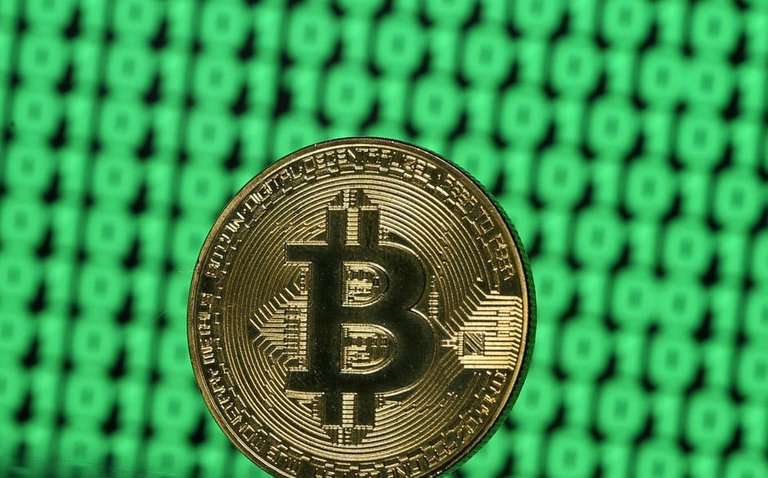
Hacienda has finally launched its plan to control bitcoin and other cryptocurrencies. According to sources from the Tax Agency, the National Fraud Investigation Office (ONIF) has received an information requirement from 60 entities (16 financial entities, buying and selling companies and exchange houses, among others). With these data, the Treasury will decide if it opens inspections on the sector. In the last inspection plan, the Treasury already announced that it was going to analyze "the fiscal incidence of new technologies, such as blockchain, and, especially, cryptocurrencies".
The information requirements of the ONIF affect credit institutions. Sources of the Tax Agency explain that they have requested information from 16 financial entities about accounts opened abroad by some exchange houses of these cryptocurrencies. The companies required have their registered office or branch in Spain and the Treasury claim information about the accounts that originate or become the destination of cryptocurrency exchange houses.
The information claimed affects the ownership of the accounts, the number and amount of the charges and credits of those accounts and the identification of cards linked to those same accounts, since sometimes the purchase of cryptocurrency is done through charges on cards and not by transfer, always according to the same sources.
Other companies that are receiving notifications are intermediaries such as exchange houses and ATM companies. A dozen intermediaries are in the spotlight of the ONIF when dealing with the exchange of euros and cryptocurrencies. Hacienda not only asks for information about its activity but also identifies buyers and sellers as well as amounts in euros of cryptocurrency transactions, exchange rates and commissions applied in euros.
About the cashiers, the Treasury requests the lease and management contracts, invoices related to the operation of the cashier, average monthly amounts of purchases and sales distinguishing means of payment, and details of the operations performed. Finally, 40 companies that accept the payment with cryptocurrencies on the Internet have received the same notifications. The tax office claims invoicing with cryptocurrencies, the percentage of the total, invoices and tickets paid with cryptocurrencies, identification of customers, criteria with which it accounts for them, exchange rate applied.
Hacienda sees cryptocurrencies as a parallel market that escapes its control and announced long ago its intention to sink its teeth. Experts have announced the difficulty of tracking these movements but even the department that directs Cristóbal Montoro goes ahead and has put in the subject to his Antifraud unit. This is the first step to see if you open inspections later.
In the inspection plan, I have pointed out that "the use of organized crime of the deep internet, for trafficking and trade in all kinds of illicit goods, as well as the use of bitcoin or similar cryptocurrencies as means of payment, is one of the most demanding challenges at present.To face this threat, the use of the Tax Agency's research units of the new technologies for gathering and analyzing information in all types of networks will be enhanced. "

Hi! I am a robot. I just upvoted you! I found similar content that readers might be interested in:
https://www.expatica.com/de/currency.html